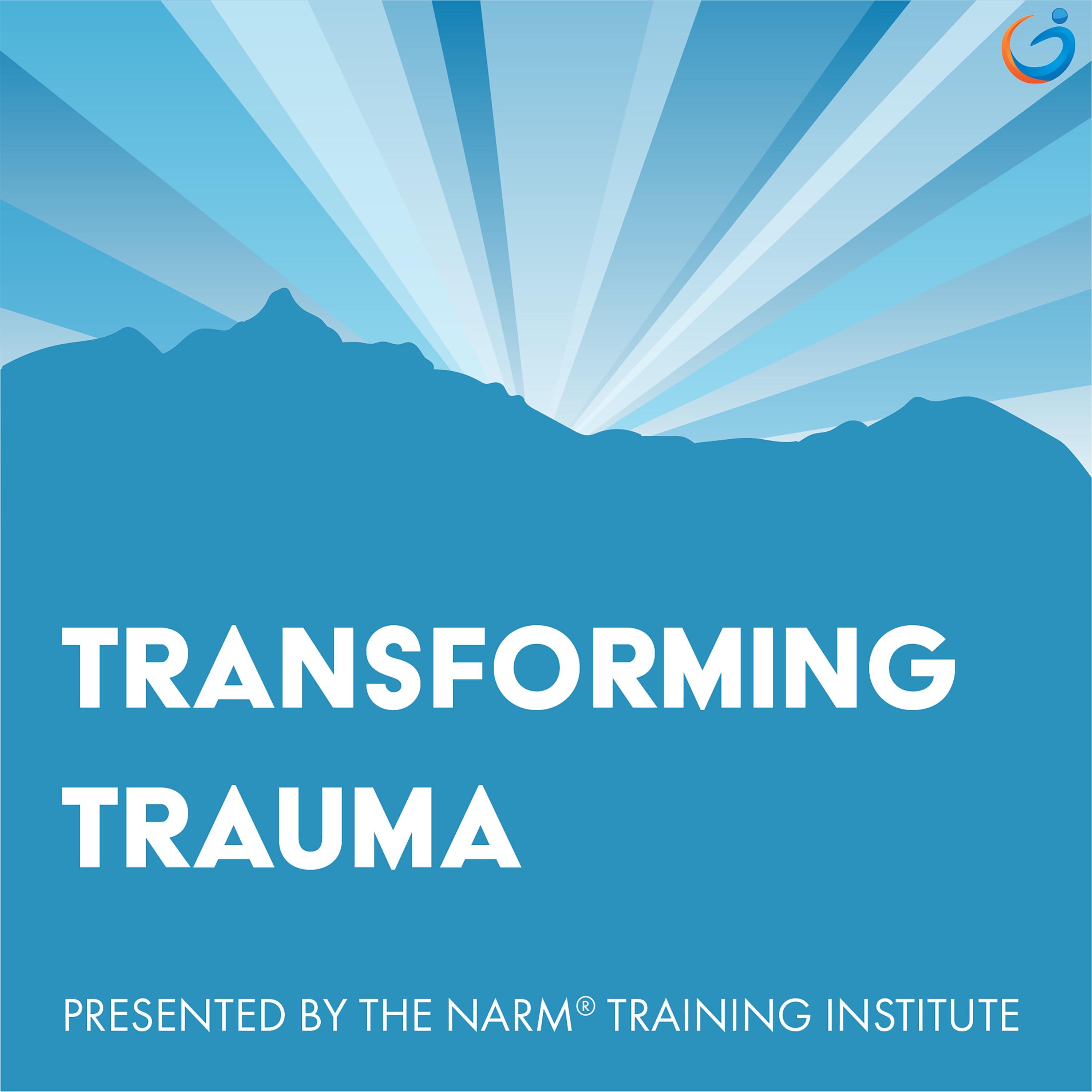- Health
- SEE MORE
- classical
- general
- talk
- News
- Family
- Bürgerfunk
- pop
- Islam
- soul
- jazz
- Comedy
- humor
- wissenschaft
- opera
- baroque
- gesellschaft
- theater
- Local
- alternative
- electro
- rock
- rap
- lifestyle
- Music
- como
- RNE
- ballads
- greek
- Buddhism
- deportes
- christian
- Technology
- piano
- djs
- Dance
- dutch
- flamenco
- social
- hope
- christian rock
- academia
- afrique
- Business
- musique
- ελληνική-μουσική
- religion
- World radio
- Zarzuela
- travel
- World
- NFL
- media
- Art
- public
- Sports
- Gospel
- st.
- baptist
- Leisure
- Kids & Family
- musical
- club
- Culture
- Health & Fitness
- True Crime
- Fiction
- children
- Society & Culture
- TV & Film
- gold
- kunst
- música
- gay
- Natural
- a
- francais
- bach
- economics
- kultur
- evangelical
- tech
- Opinion
- Government
- gaming
- College
- technik
- History
- Jesus
- radio
- movies
- services
- Church
- podcast
- Education
- international
- Transportation
- Other
- kids
- podcasts
- philadelphia
- Noticias
- love
- sport
- Salud
- film
- and
- 4chan
- Disco
- Stories
- fashion
- Arts
- interviews
- hardstyle
- entertainment
- humour
- medieval
- literature
- alma
- Cultura
- video
- TV
- Science
- en
Complex Trauma, Post-Traumatic Growth, and the NeuroAffective Relational Model with Brad Kammer

In understanding how effective the NeuroAffective Relational Model\xae (NARM\xae) can be in support of Transforming Trauma, we must broaden the conversation around trauma to recognize Complex Post-Traumatic Stress Disorder (C-PTSD) and a new understanding of Post-Traumatic Growth.\xa0
As Dr. Laurence Heller, creator of NARM\xae, states in his book Healing Developmental Trauma,\xa0 \u201cNo matter how withdrawn or isolated we have become on the deepest level, just as a plant spontaneously moves towards sunlight, there is in each of us an impulse toward connection and healing.\u201d\xa0
Sarah is joined by Brad Kammer, psychotherapist, educator, and the NARM\xae training director and senior trainer, to discuss the roots of developmental trauma, our current understanding of complex trauma, where NARM\xae fits in the current trauma field, and the transformative power of NARM\xae.
NARM is a model specifically designed to resolve the impacts of Complex Trauma: including attachment, developmental, relational, cultural and intergenerational trauma.\xa0 NARM is a top-down, bottom-up approach that integrates psychodynamic and somatic psychotherapy, within a mindful, interpersonal process, in order to provide an unparalleled full-spectrum of care.\xa0 Sarah and Brad agree: \u201cTrauma is the underlying cause of most, if not all, psychological disorders.\u201d\xa0\xa0
For anyone that is interested in the trauma-informed movement - and how it can support psychotherapy, healthcare, education, public policy, and social justice - it is important to unpack the nuances of complex trauma.
Sarah informs podcast listeners that they do not need to hold degrees in mental health in order to engage with NARM work. What is required is an open, inquisitive mind, with a basic understanding of complex trauma and a desire to help people with resources to move through their trauma. Brad shares that Oprah Winfrey is a fierce advocate for helping put C-PTSD and the trauma-informed movement on the map.
Brad says that even though it\u2019s still early in the trauma field movement, there are models that are aimed at resolving complex trauma.\xa0 \u201cNARM is designed for working with people that have experienced and are still dealing and living with unresolved complex trauma,\u201d says Brad. \u201cThat\u2019s where NARM fits in.\u201d
His vision is that at-risk individuals -- especially children -- will get the assistance they deserve to thrive beyond the confines of their trauma.\xa0
Accessibility is key. Through this podcast and with its global training initiatives, NARM is expanding its reach. Brad hopes to not only help individuals who are focusing on healing from complex trauma, but also to extend the program\u2019s influence to families and communities plagued by violence, conflict and social injustice.\xa0 As he says, \u201cNARM can be a vehicle for both personal and social transformation.\u201d
The NARM Training Institute provides tools for transforming complex trauma through: in-person and online trainings for mental health care professionals; in-person and online workshops on complex trauma and how it interplays with areas like addiction, parenting, and cultural trauma; an online self-paced learning program, the NARM Inner Circle; and other trauma-informed learning resources.\xa0\xa0
***
For the full show notes including references, podcast episodes mentioned, and a quick glossary of terms, visit us at http://www.narmtraining.com/transformingtrauma
\xa0
CONTACTS
Brad Kammer, MA, LMFT, LPCC, SEP, NMT
\xa0
Sarah Buino, LCSW, CADC, CDWF
\xa0
NARM Training Institute
\xa0
***
We want to connect with you!
Instagram @thenarmtraininginstitute
\xa0
Sign up for a free preview of The NARM Inner Circle Online Membership Program: http://www.narmtraining.com/freetrial